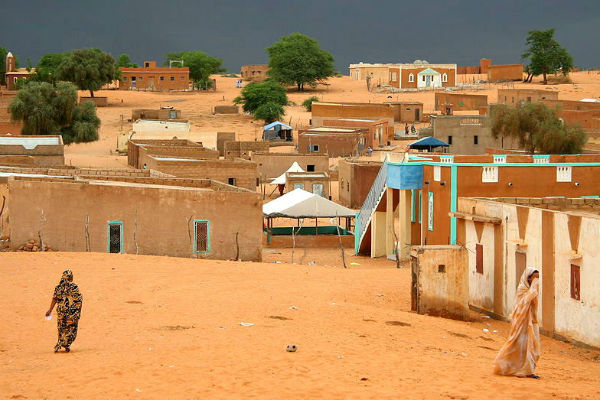On the radiant day of November 28, 1960, a significant historical event occurred that altered the course of an entire nation. On this date, the West African nation of Mauritania declared its independence from French colonial rule, marking a significant milestone in the country’s history. This event is worth commemorating as it underscores the spirit of national pride, strength, and resilience, demonstrating the power of unity in surmounting colonialism.
Background:
Expanding their colonial empire into Africa in the late 19th-century, the French occupied what is current day Mauritania. The colonization process was gradual and involved complex negotiations with tribal and regional leaders. Despite the French rule, local tribes maintained a degree of autonomy, especially the Moors, who were the dominant cultural group in the country.
The Move Towards Independence:
The year 1958 emerged as a defining moment in Mauritanian history when France, under President Charles de Gaulle, passed a constitution allowing its African colonies to decide their own fate. A referendum was held in Mauritania, with overwhelming support for becoming an autonomous republic within the French community. Two years later, on November 28, 1960, Mauritania officially proclaimed its independence, becoming the eleventh African state to gain freedom that year. Moktar Ould Daddah, the only president of the pre-independence period, became the country’s first President, leading the nation until 1978.
Interesting Facts:
1. Mauritania is named after the ancient Berber Kingdom of Mauretania, which existed long before the French colonization.
2. The capital of Mauritania, Nouakchott, means “place of the winds” in the Berber language.
3. Despite gaining independence in 1960, Mauritania didn’t receive a new flag until 2017 – it added two red stripes to symbolize “the efforts and sacrifices that the people of Mauritania will keep consenting to, to the price of their blood, to defend their territory”.

Conclusion:
With the proclamation of independence on November 28, 1960, Mauritania took a momentous step towards self-determinism. This date is more than just a mark on a calendar; it serves as a perpetual reminder of the struggles and sacrifices made by a nation to achieve their sovereignty.
References:
1. Pazzanita, Anthony G. (2008). “Historical Dictionary of Mauritania”. Scarecrow Press.
2. Stewart, John (2006). “African states and rulers”. McFarland.
3. Encyclopedia Britannica. (2020). Mauritania | History, Population, Capital, Flag, & Facts.
4. Lovejoy, Paul E. (2012). “Transformations in Slavery: A History of Slavery in Africa”. Cambridge University Press.







What do you think?
Show comments / Leave a comment